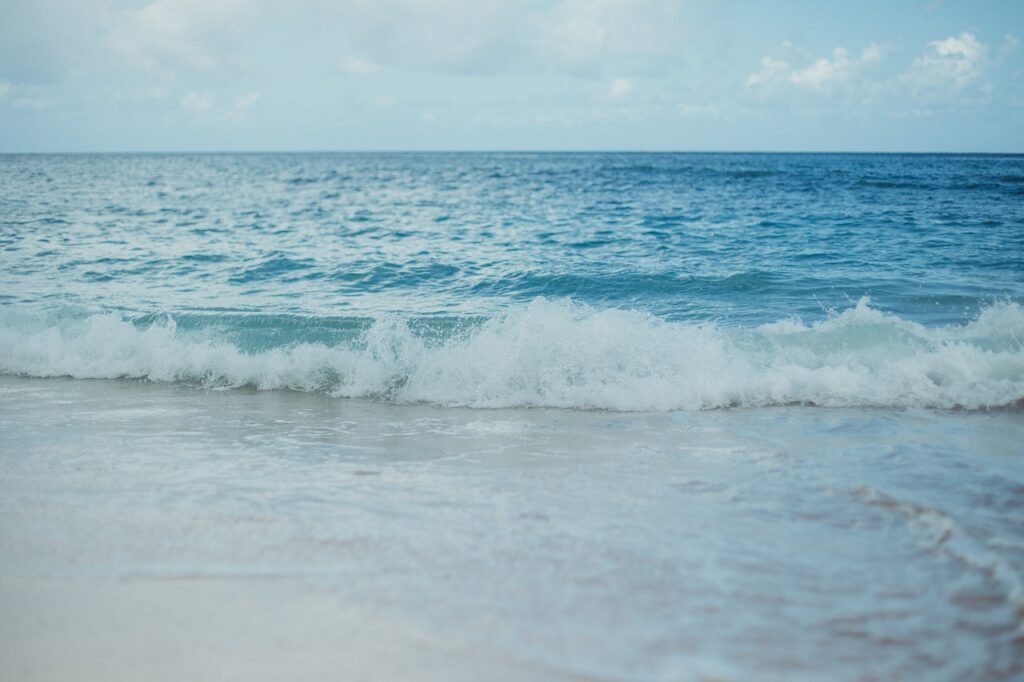
Pure Water
The Pacific ocean is the largest body of water on earth providing an unlimited supply of water to all inhabitants of the Pacific, but all the water in the Pacific cannot sustain a single life in its raw form. To be life sustaining, one must purify this vast supply of water. Many techniques are available for desalinating ocean water but only a limited number of methods are available to inhabitants of remote islands throughout the Pacific. Most inhabitants rely on rain water which has been purified naturally; however, rain water is unpredictable and must be stored to assure that residents have an ample supply to sustain the community. Proper desalination and storage is essential to assure the water is free of contaminants that can spread diseases. Pacific H.E.L.P.S. has experience in water purification technology and storage techniques that can be utilized by inhabitants of remote islands providing an endless supply of life-sustaining fresh water. Water purification and storage techniques include:
Purification Filters
Pacific H.E.L.P.S. invests in water purification filters for disaster relief and other short term fresh water needs. Typhoons are common throughout the Pacific depriving many islanders of life sustain resources including fresh water. In such situations, islanders desperately need fresh water that can be provided immediately through water filtration systems. However, these systems can be expensive because the filters need to be replaced frequently making this method less desirable as a long term solution. As a first responder in the wake of a devastating typhoon, Pacific H.E.L.P.S. will bring life-sustaining fresh water to those inhabitants whose lives have been turned upside down.
Desalination Systems
These systems are available to serve medium to large populations that have ready access to ocean water. Pacific H.E.L.P.S. will work with leading manufacturers of desalination systems to design a system that will serve medium to large scale communities where they can be deployed cost effectively. Large systems can range from 60,000 gallons per day up to 450,000 gallons per day. For each community in which a desalination system may be appropriate, Pacific H.E.L.P.S. will evaluate the community’s fresh water needs, the quality of the water needed, the most effective way of obtaining the salt water, how to store the fresh water, and how to maintain the water’s purification when storing it. Pacific H.E.L.P.S. will seek to leverage donations as matching funds to obtain government grants for installing desalination systems where appropriate.
Fresh Water Storage
The most cost effective source of fresh water is rain water; however, this resource must be collected and stored in a manner that will maintain its purity to prevent the spread of disease. Storing rainwater in a manner that maintains its purity can become costly. Rainwater collection and storage systems can be above or below ground. Below ground systems may not be a viable option for many islanders due to the high water table on most islands. Pacific H.E.L.P.S. will evaluate the needs of each community to determine the type of system that best meets their needs and will work with leading manufactures to design an appropriate system.
Regardless of the source of the fresh water, whether it is rain water or water that has been desalinated, a storage system that maintains the purity of the water is essential. Open systems are susceptible to contamination and closed systems can be expensive. The health of the community is of utmost importance and Pacific H.E.L.P.S. will work with local inhabitants to assure that any water purification and storage system meets the needs of the community and is safe for all residents.
